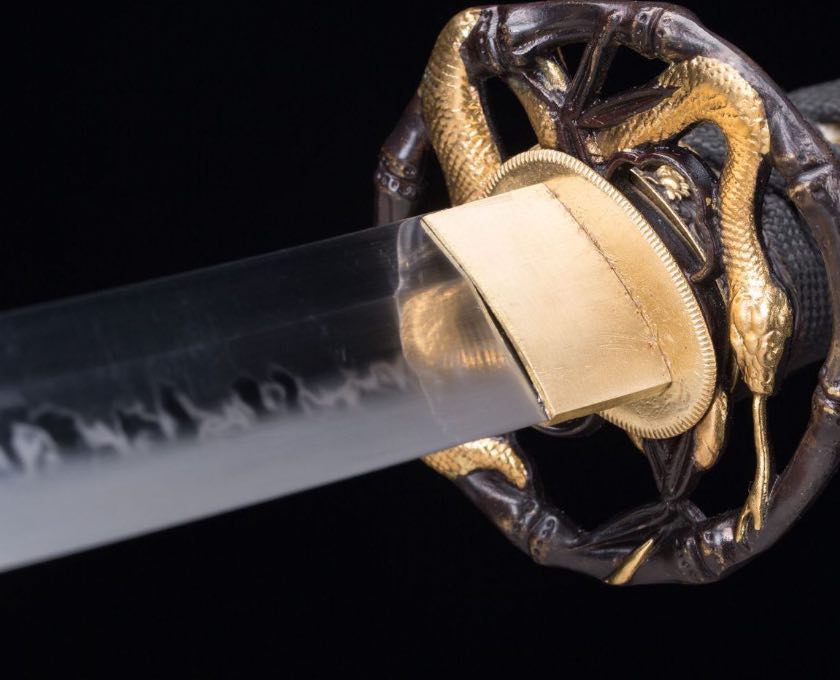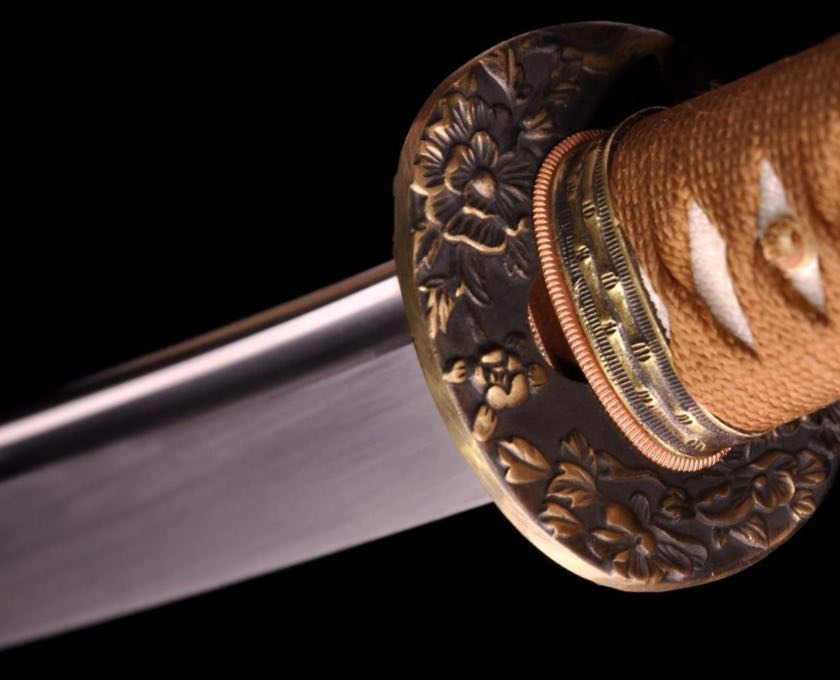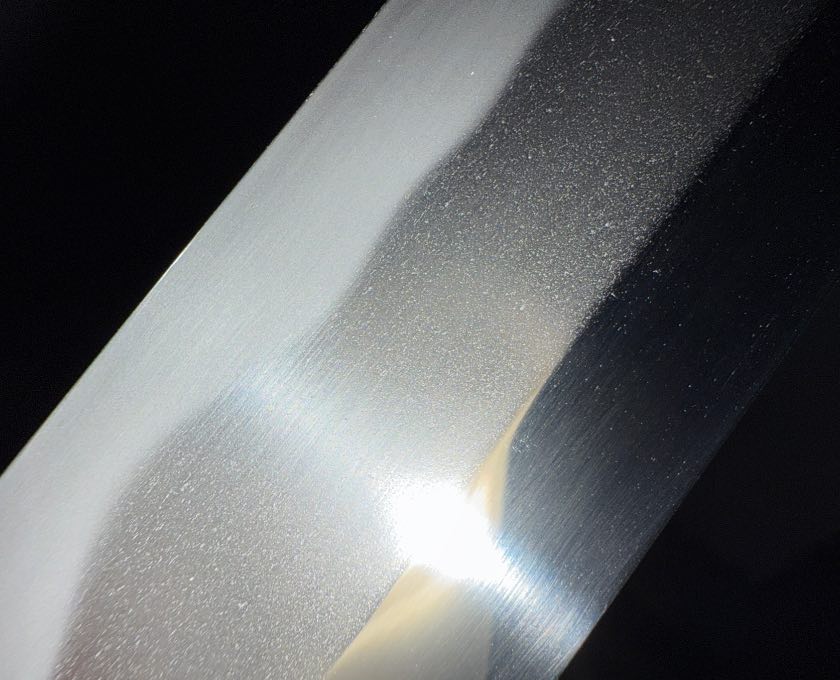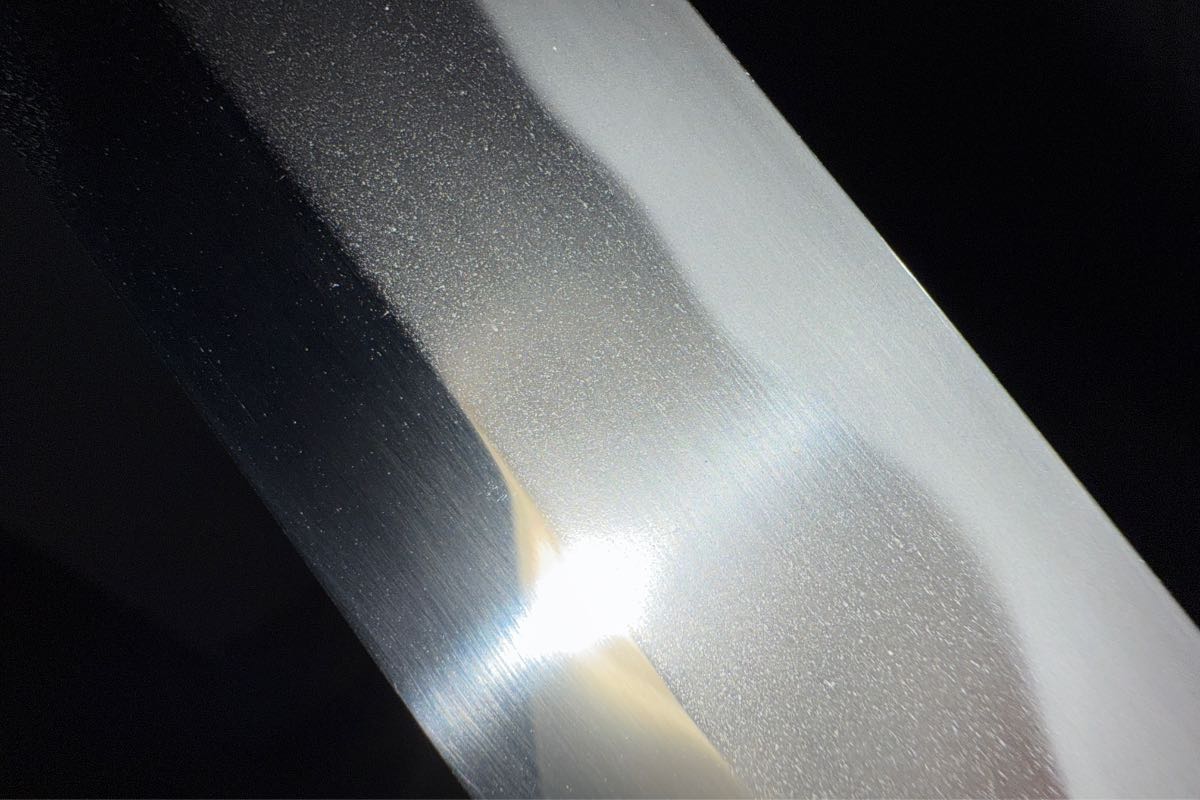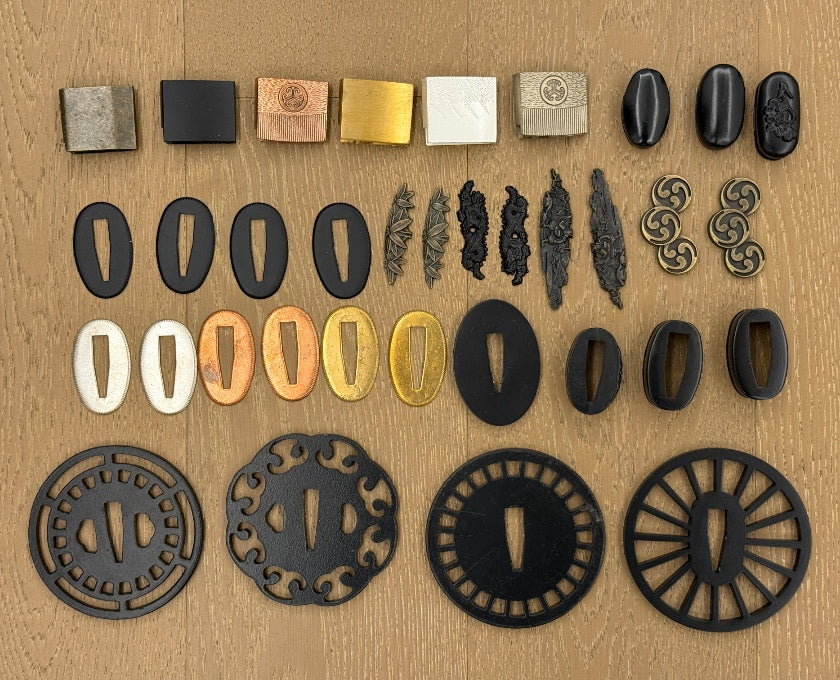
Samurai sword glossary: categorized terms and definitions This glossary introduces key terms used in the world of Japanese swords, categorized for easier understanding. From blade geometry to tang...
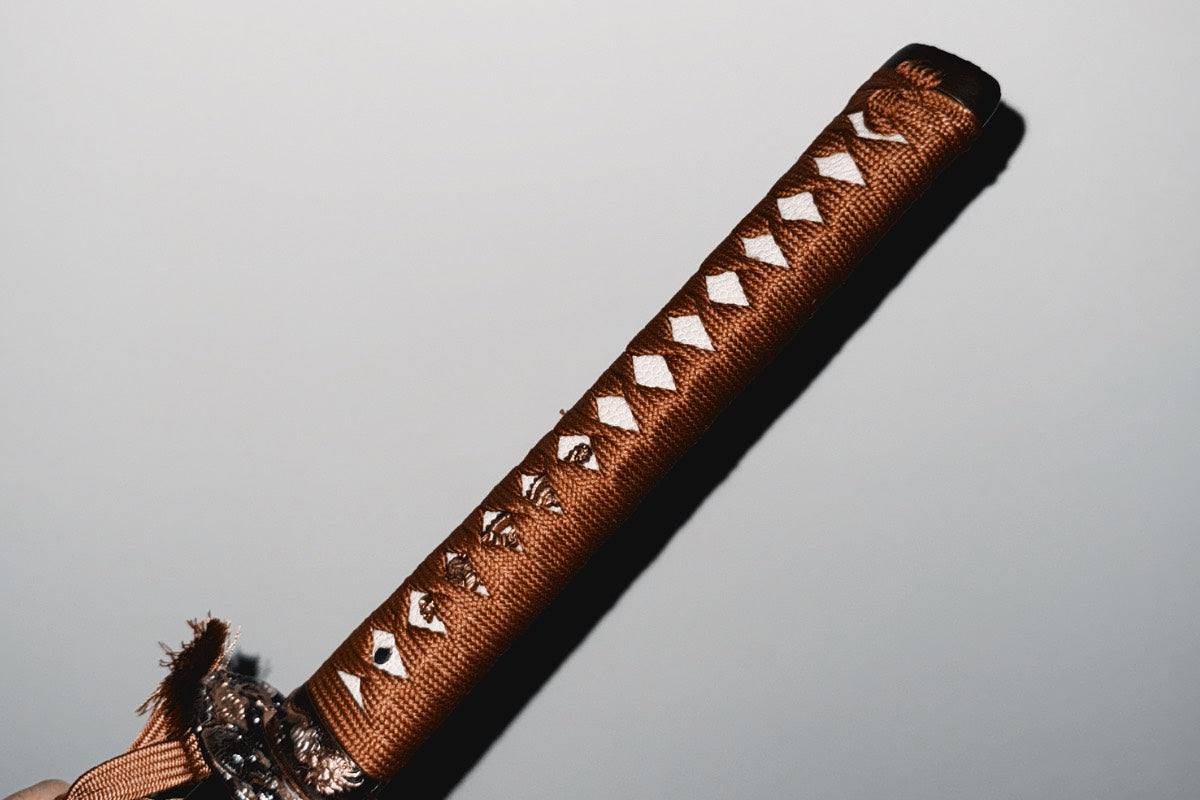
Discover the tsuka, or handle, of the Japanese sword. Learn how its design, materials, and wrapping styles balance functionality, comfort, and artistic expression.
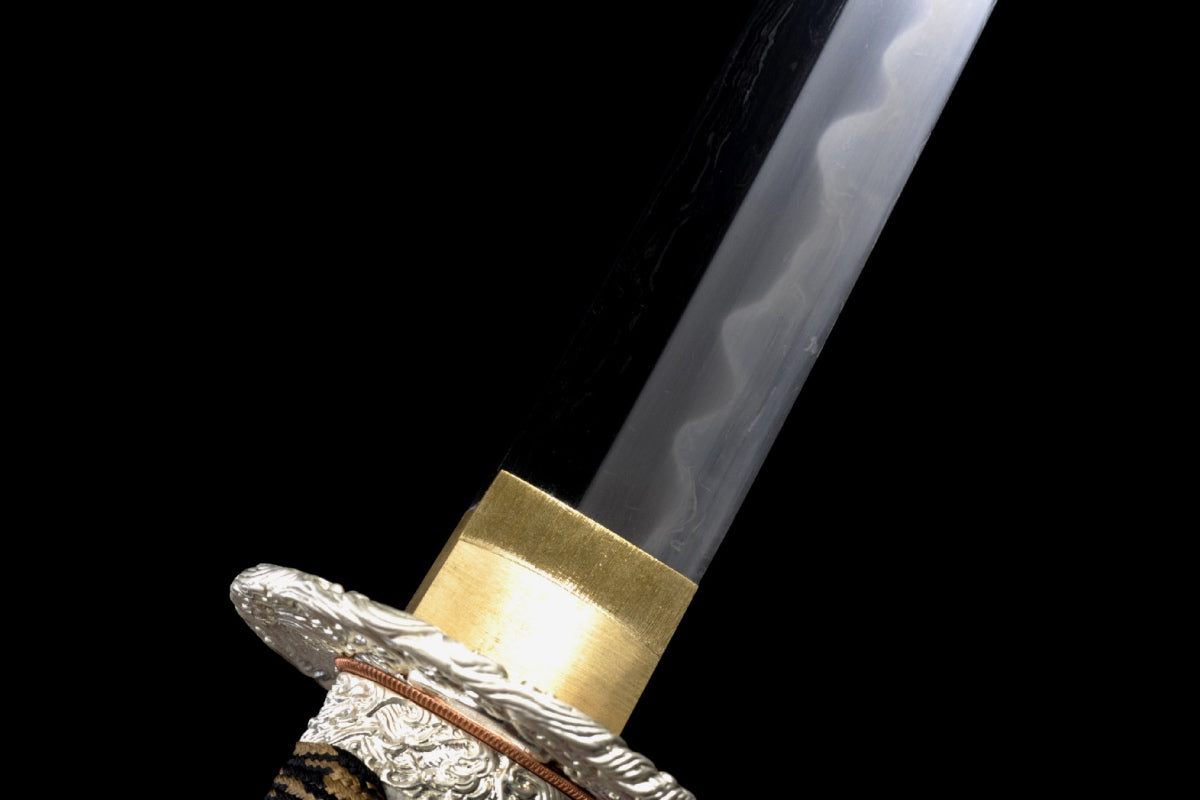
Discover the artistry and science behind the hamon, the wave-like temper line found on traditional Japanese swords. Learn how it forms during quenching, the meaning of different styles like choji a...
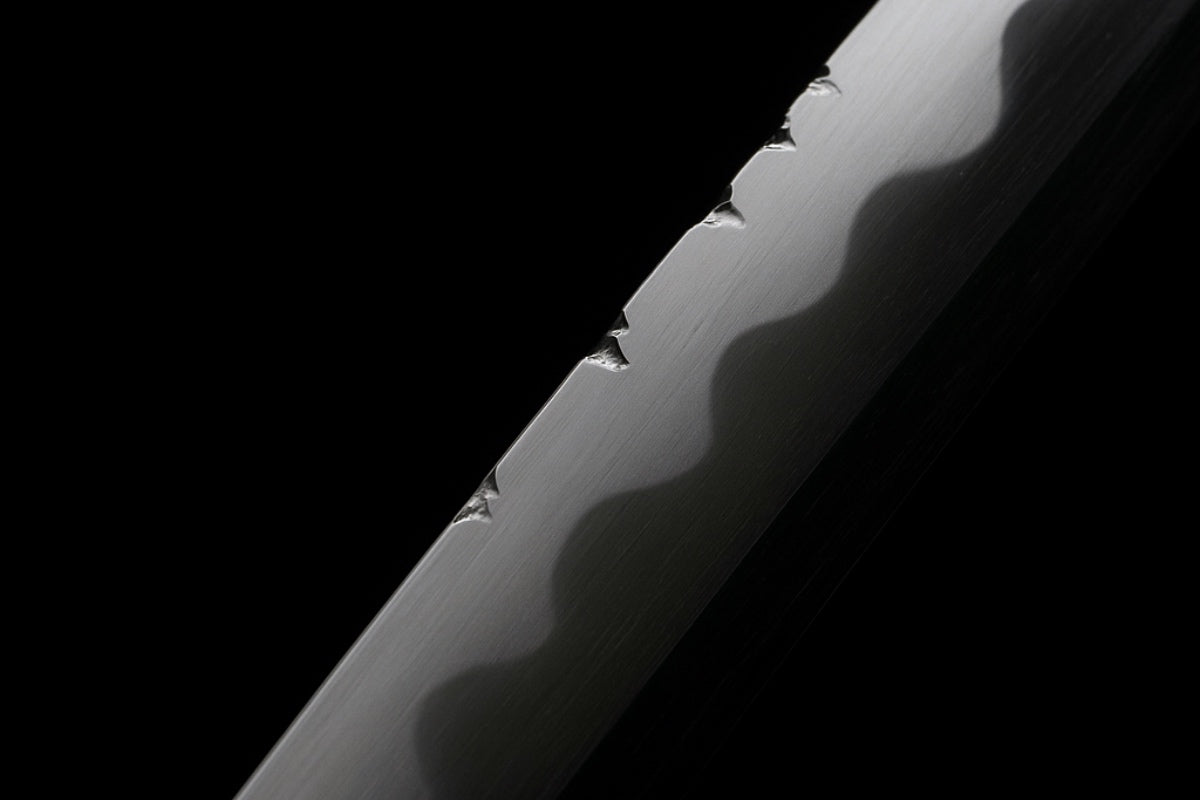
Due to their complex forging process, exposure to battle damage, and centuries of aging, samurai swords often exhibit a variety of flaws. While minor defects that do not affect performance are usu...
Discover how the quenching process creates the stunning beauty of nioi and nie in Japanese swords. Learn about rare features like sunagashi, kinsuji, utsuri, and the hidden secrets of traditional f...
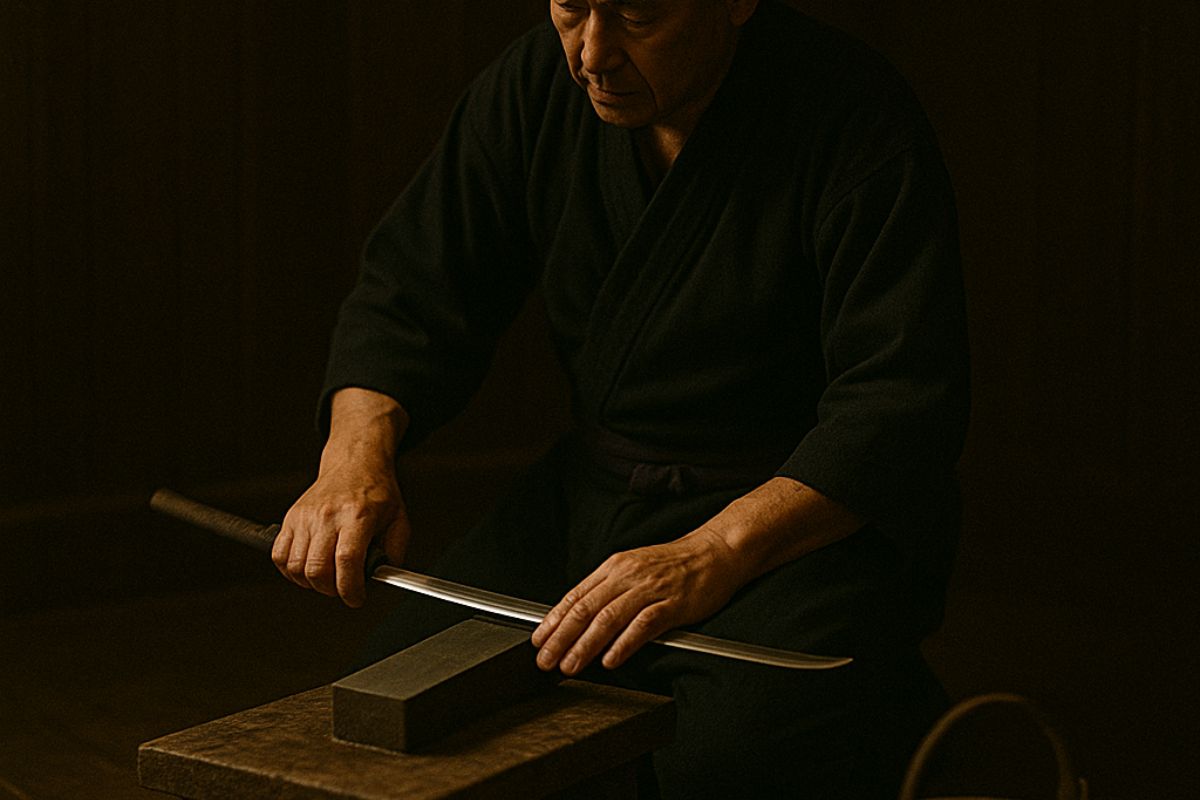
Discover the intricate craftsmanship behind Japanese sword polishing and tameshigiri test cutting. Learn how master polishers reveal the hamon’s hidden beauty.
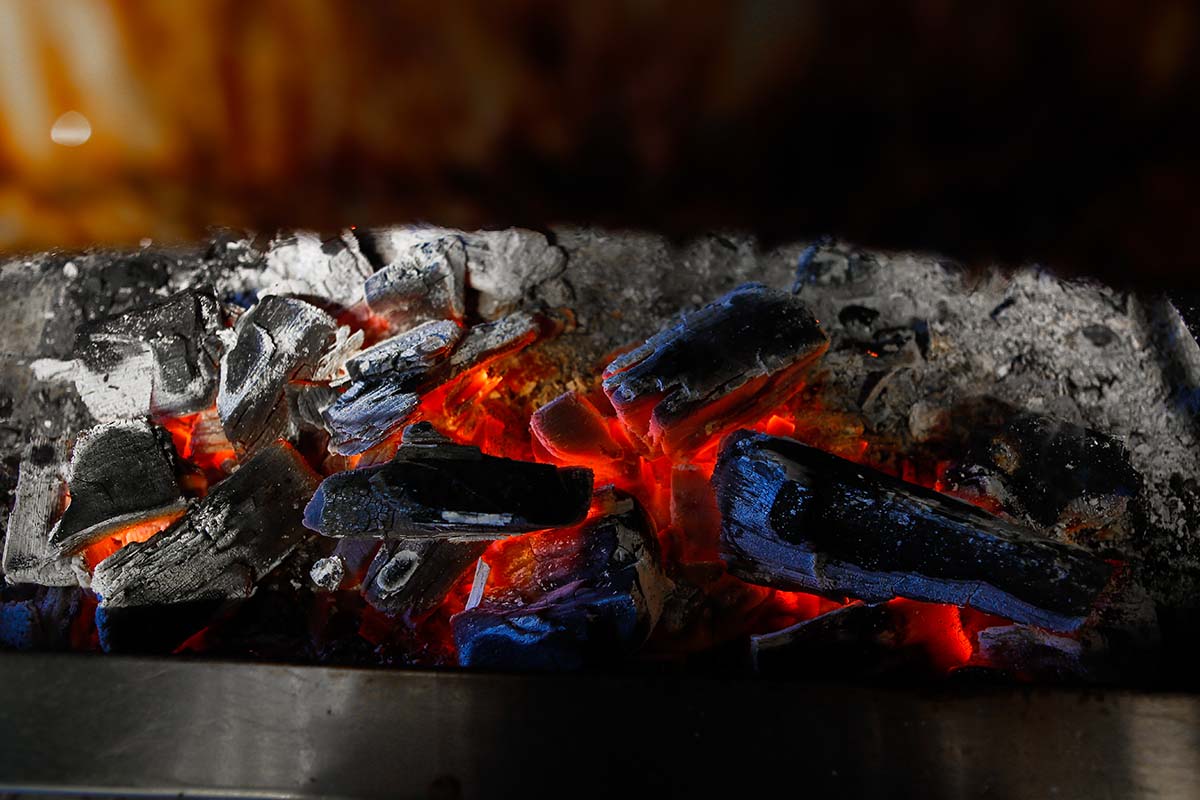
Tamahagane, the legendary steel behind authentic Japanese katanas, is forged through a centuries-old tradition using iron sand and charcoal. Discover the intricate smelting process inside the ancie...
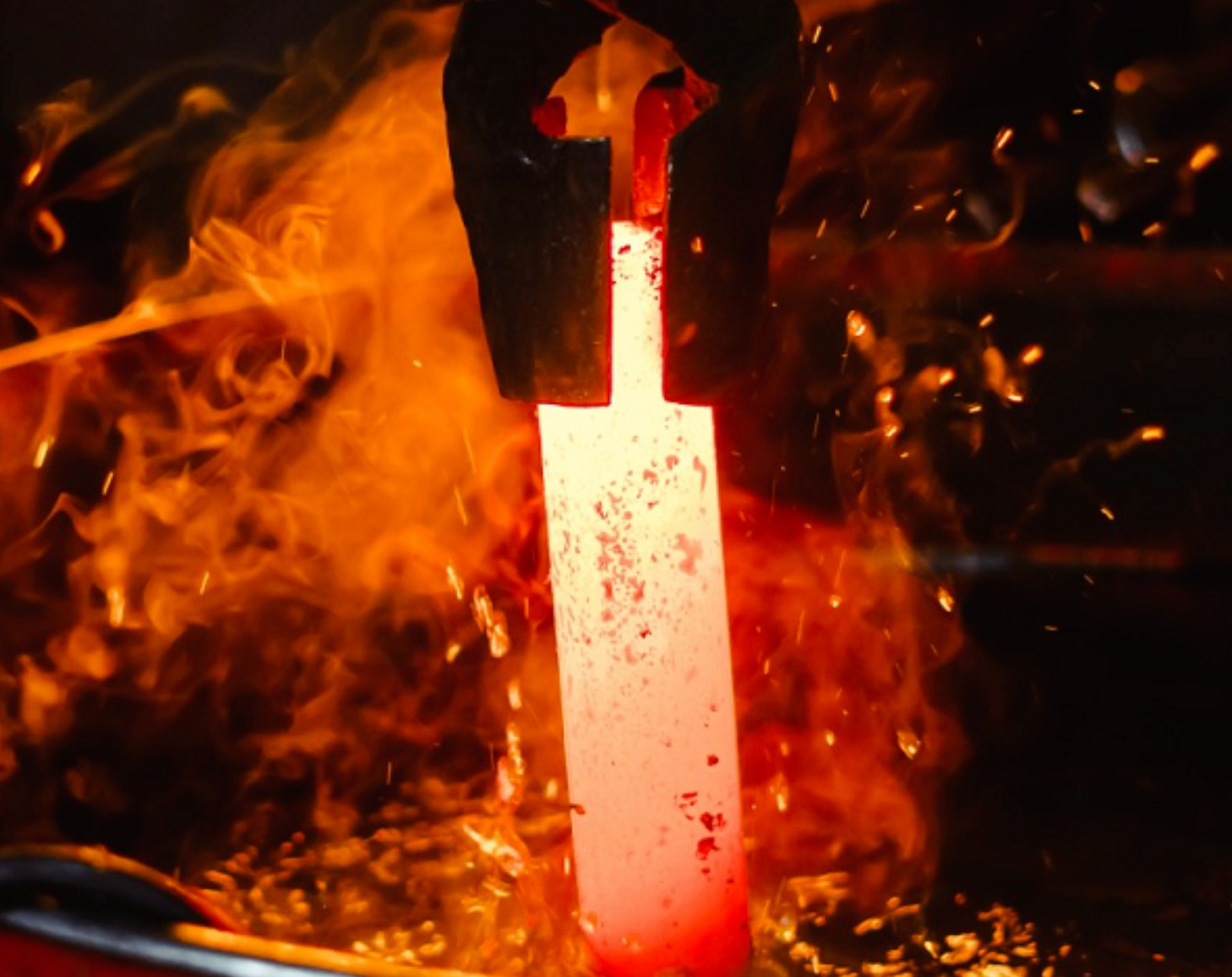
Once the blade is formed, the quenching process begins to achieve a sharp and hardened edge, during which the pattern on the blade surface is created. The efforts involved in this phase are more co...
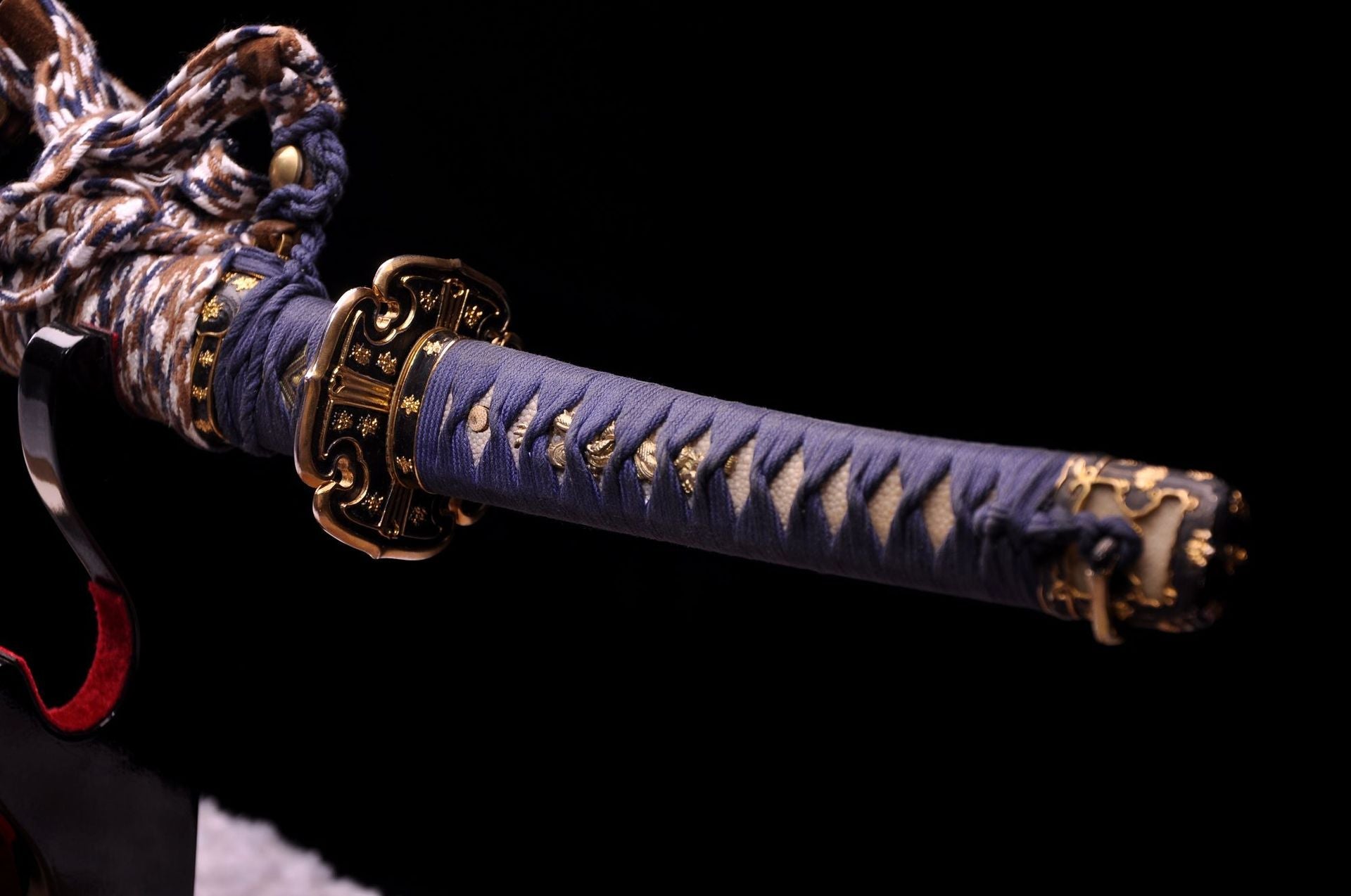
The tsuka, or handle of a sword, plays a vital role in its functionality and aesthetics. A well-designed handle must offer a comfortable grip, ensuring that it is neither too thick nor too thin. Th...

